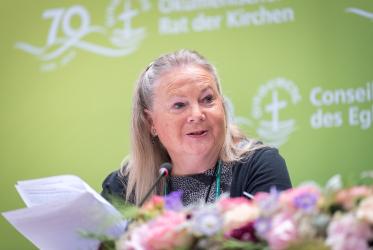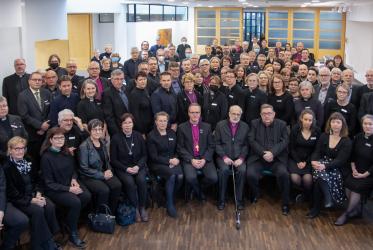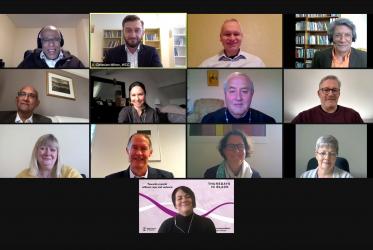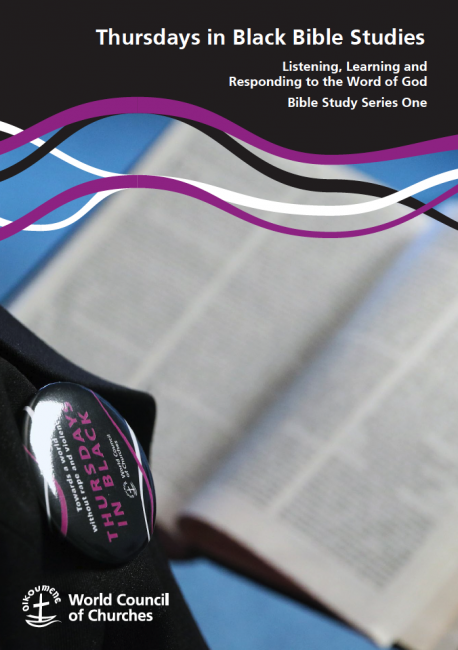Displaying 61 - 80 of 318
15 February 2022
WCC leaders recall life-changing experiences from early days
10 February 2022
WCC honoured with Geneva Engage Award
01 February 2022
Prayer life of Bishop Mary Ann Swenson has deep roots
31 January 2022
"Out of the Shadows" toolkit now available in French and Spanish
20 January 2022
Churches can address root causes of femicide—and webinar reveals how
01 December 2021
Thursdays in Black Online Bible Study: Difficult Paths
09 December 2021
ZacTax Toolkit
24 November 2021
Thursdays in Black Bible Studies Series 1
Listening, Learning and Responding to the Word of God
21 October 2021


















